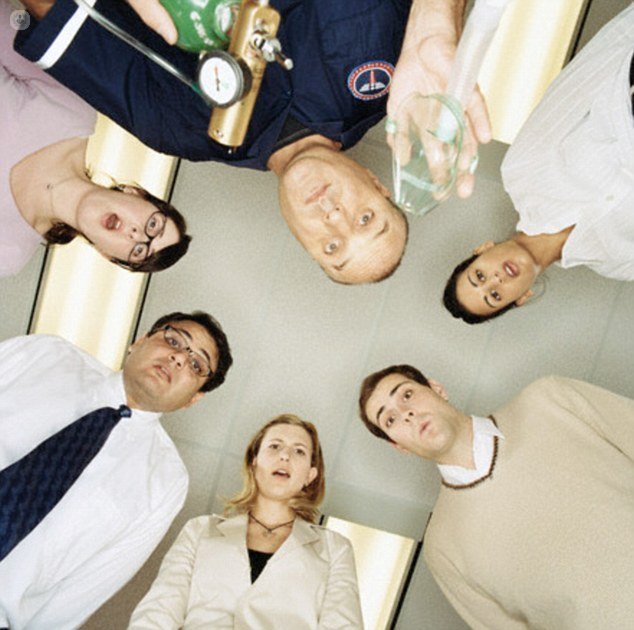All about vasovagal syncope: fainting explained
Written by:Vasovagal syncope (pronounced sin-cope-pee) is a term used to describe an episode of fainting due to low blood pressure, low heart rate, or a combination of both. The condition is very common with 1 in 3 individuals experiencing syncope at some stage in their life. Leading cardiologist Dr Boon Lim explains everything you need to know about the condition.

Syncope usually occurs when the nervous system that controls the heart rate and blood pressure (the autonomic nervous system) starts to malfunction transiently in response to a trigger. This usually causes a slowing of the heart beat, and dilation and pooling of the blood vessels in the leg and gut, which lowers blood pressure. Patients usually feel unwell at this point with symptoms of lightheadedness, dizziness, queasiness, and may feel nauseous, sweaty and clammy, before passing out.
These symptoms may be relieved on occasion by sitting down quickly or lying down and keeping the feet elevated. Typically, a patient who has a tendency to faint experiences a whole combination of factors which creates the ideal environment for syncope. Common triggers include:
- Standing for long periods (which increases pooling of blood in the legs)
- Heat exposure
- Large meals, particularly with alcohol
- Having blood taken, or the sight of blood
- Extreme fear, stress or anxiety
- Pain
- Standing up rapidly from a squatting or lying position
Diagnosing vasovagal syncope
Your doctor will take a clinical history which could strongly suggest a diagnosis of vasovagal syncope. If in doubt, further tests can be undertaken to rule out other causes of loss of consciousness, including an ECG, 24 hour ECG recording (Holter monitor), exercise testing, and an echocardiogram to look at the structure and pump function of the heart. You may also be referred for a tilt table test which can confirm the diagnosis of vasovagal syncope.
During the tilt test, you are asked to lie down on a tilting table in the supine (flat) position, before being tilted upright at 60 degrees, to enhance venous pooling in the feet, which may then provoke a vasovagal syncope episode. Importantly, during the test, the blood pressure and heart rate are continuously monitored allowing us to observe any change in these readings corresponding to symptoms.
Management of syncope
Typically, the following simple management strategies are useful in preventing or minimising episodes of syncope:
- Hydration with plenty of fluids (at least 3L a day)
- Recognise warning symptoms (such as dizziness and nausea) and act on these by sitting or lying down
- Performing isometric exercises such as teeth and buttock clenching and tensing of the leg muscles, including quadriceps and calves, to improve blood flow back into the heart (think of it as “squeezing” blood that is pooling in the legs, back up into the heart and brain)
- Taking more salt (but ensure you have a normal blood pressure reading before you do this)
I think I have vasovagal syncope: Who do I see?
Vasovagal syncope can usually be diagnosed on the basis of a good clinical history. You should choose a top cardiologist who has experience in diagnosing and treating vasovagal syncope, and who can exclude other potential causes of loss of consciousness/blackouts.


